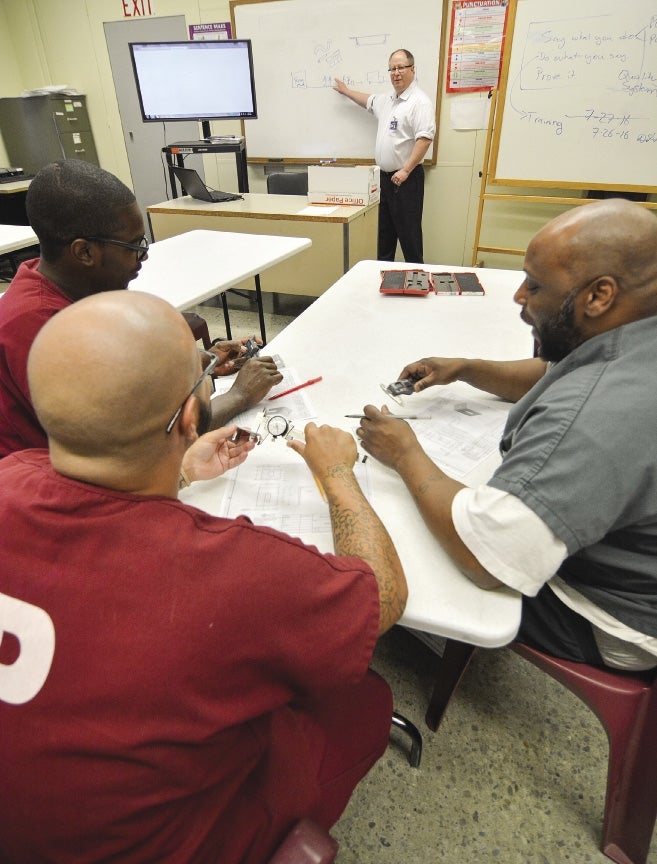Social reform is a vital aspect of American culture. Advocating to improve injustices and inequalities – even if people have different views of what exactly those are – is an important part of keeping a dynamic social fabric intact and moving the country forward. This is why the Massachusetts nonprofit sector accounts for 17 percent of all employment in the state and pays more than $30 billion in wages alone, according to the U.S. Bureau of Labor Statistics. Businesses, as members of our society, should also play an important part in these social reforms. Many do, through either direct contributions, volunteer efforts or other company programs that put their skin in the game.Yet, arguments for businesses to play a greater role in social reform typically miss the point. Many for-profit companies can do a lot for society, but are still operations reliant on a positive bottom line to sustain themselves. When appealing for a company to donate money to a community fund or set aside time for employees to build houses or develop a program to give opportunities to disadvantaged school children, the pitch needs to focus on how it helps the company become a more appealing employer. Creating good feeling about helping out and making a difference can boost morale but must be balanced so those employees get their day job done and the lights stay on in the office.
The current push for better job training and education for convicts in state and federal prison remains centered around social justice arguments. Leading advocates include people like Worcester County Sheriff Lewis Evangelidis (a main proponent in Reporter Laura Finaldi’s “Turning convicts into colleagues” story on the cover of this issue), who tire of seeing the high recidivism rates that come when convicts are released back into the real world with no real job prospects. Even President Barack Obama, who kicked off the latest drive for prison reform with several sweeping policy proposals in January, sees long-term employment for ex-cons as a way to solve issues like drug dealing and the number of single-income households struggling to make ends meet.
While businesses should want lower recidivism rates, less drug dealing and support more stable family environments, they also need to see a return on investment for that support – namely, a pipeline of qualified employees prepared to join the workforce.
By 2022, Massachusetts will face a shortage of some 1.2 million workers with the necessary education and training for the state’s various industries, according to the Northeastern University Dukakis Center for Urban and Regional Policy. Such a massive skilled workforce deficit must be addressed in multiple ways. The obvious one is training young people in the areas where skills are needed, like advanced manufacturing and health care. In addition, Massachusetts companies must find additional populations where people are either willing to learn or already have the necessary skills.
The Massachusetts prison population sat at just over 10,000 at the start of the year, according to the state Department of Corrections. This is a captive audience with a potentially high motivation to return to being productive members of society; 63 percent will be released under some degree of supervision like parole or probation that seemingly requires gainful employment. Sure, employers will be wary of hiring someone with a criminal background, but each individual will need to be evaluated for their potential fit. Even if businesses wanted to wholesale stay away from violent offenders, that still leaves more than 3,000 people in Massachusetts prisons capable of joining the workforce as productive employees, including those in training programs offered by the likes of Mount Wachusett Community College (pictured). While not all hires out of the prison population will be winners, no one is hitting on 100 percent of their job candidates, no matter the background. Programs that double down on training for convicts can address several social ills at one time, and it’s a worthy investment. The skills gap will only get more challenging in the coming decade, and giving up on any sector of our population is ill advised.

